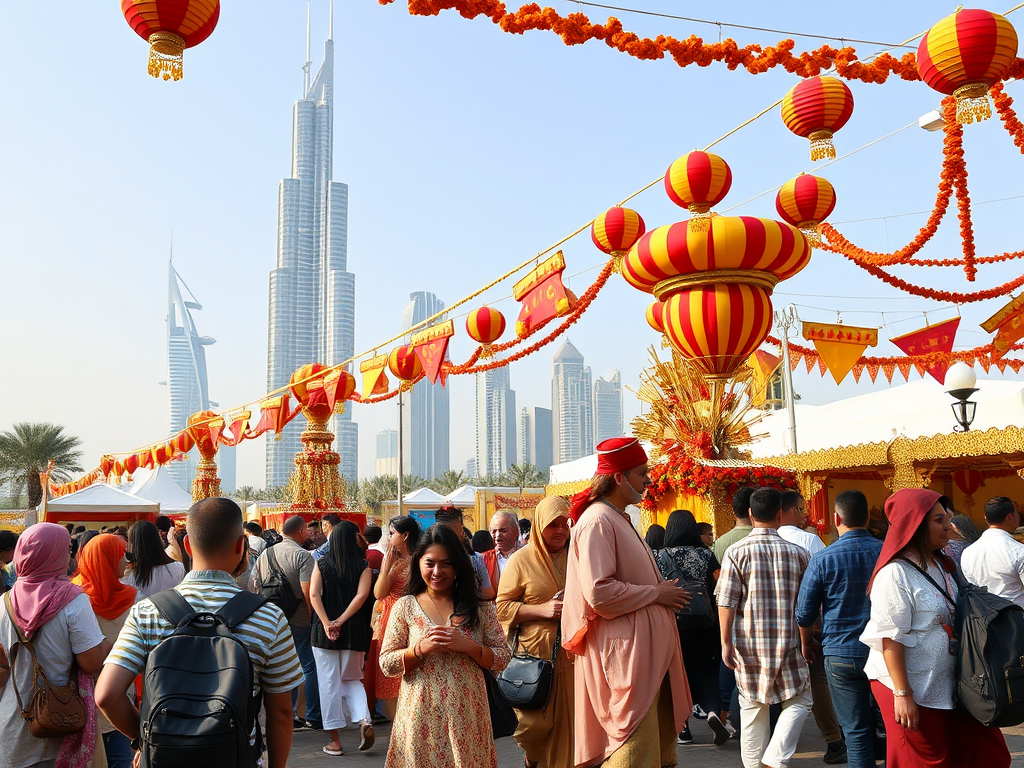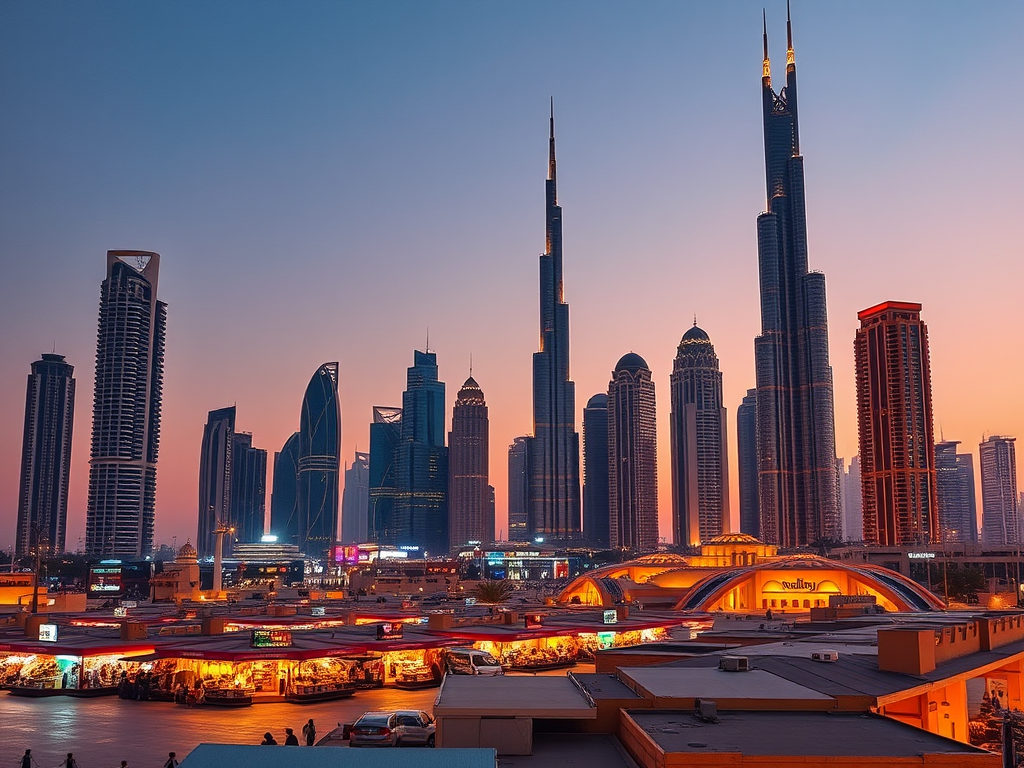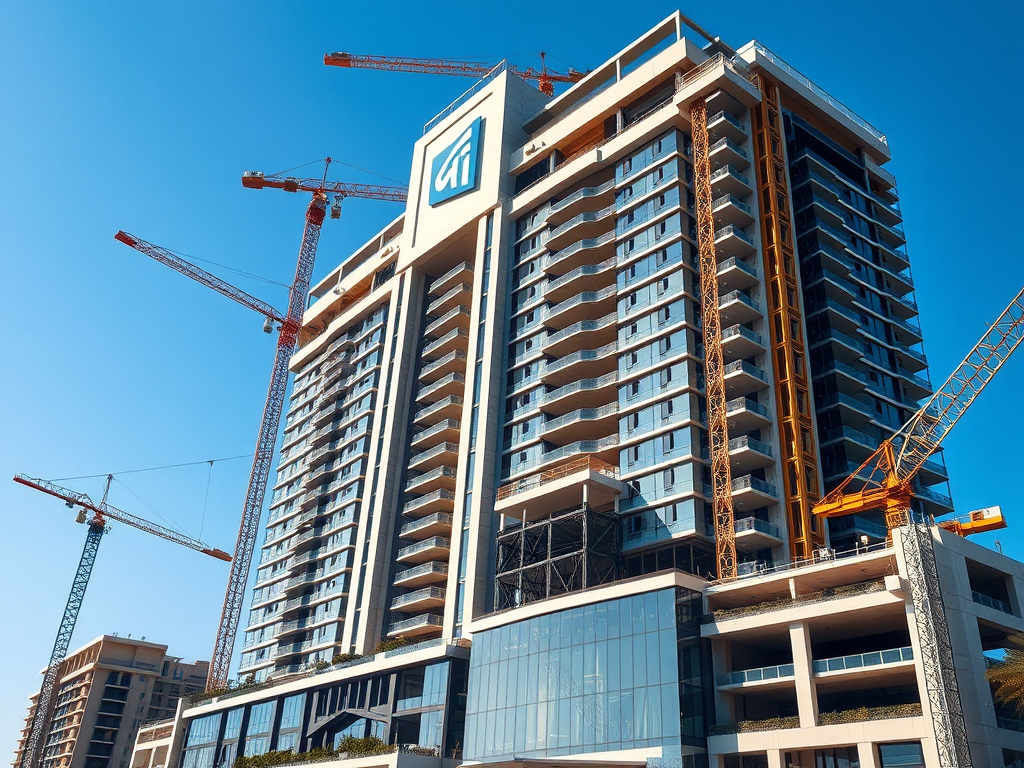The landscape of tourism investments in Dubai is poised for significant evolution as the city continues to innovate and expand its offerings. With the UAE government’s vision for a diversified economy and the strategic initiatives in place, Dubai aims to solidify its position as a top global travel destination. Key factors shaping this future include infrastructural advancements, emerging technologies, and sustainable practices. As the world reopens for travel post-pandemic, investor interest in Dubai’s tourism sector is surging, creating new opportunities and challenges alike. This article delves into crucial insights and predictions for the future of tourism investments in Dubai.
Emerging Trends in Dubai’s Tourism Sector

Dubai’s tourism industry is continuously evolving, influenced by changing consumer preferences and technological advancements. To capture the interest of modern travelers, several emerging trends are expected to shape tourism investments in the near future:
- Sustainable Tourism: As environmental awareness grows, there is a shift towards sustainable tourism practices. Investments in eco-friendly hotels and experiences are on the rise.
- Experiential Travel: Tourists are now seeking authentic experiences over standard tourism, prompting investments in unique cultural and adventure activities.
- Digital Transformation: The integration of technology such as virtual reality, augmented reality, and AI in the tourism industry enhances customer experiences and streamlines operations.
- Luxury Market Growth: As affluence increases, luxury travel experiences, from bespoke services to exclusive events, are continuing to attract significant investment.
- Health and Wellness Tourism: The pandemic has spurred interest in wellness tourism, leading to investments in health-focused resorts and spa experiences.
The government of Dubai has heavily invested in enhancing its infrastructure to accommodate the growing tourism sector. Recent developments are setting the stage for a promising future, including:
- Expansion of Dubai International Airport to increase capacity and connect with more global destinations.
- Modernization of public transport systems, including the metro, tram, and bus networks to improve accessibility.
- New mega-projects such as Dubai Expo 2020, attracting millions of visitors and enhancing the city’s global visibility.
- Development of smart city initiatives that leverage technology for a more seamless tourist experience.
- Investment in themed attractions and entertainment hubs to cater to diverse tourist demographics.
The Role of Government Initiatives

Government initiatives play a pivotal role in shaping the future of tourism investments in Dubai. The UAE’s Vision 2021 aims to promote sustainable development and enhance the country’s competitiveness globally. Some notable initiatives include:
- Tourism Strategy 2025: This roadmap sets ambitious goals for attracting 25 million visitors by 2025, driving substantial investment in tourism infrastructure.
- Partnerships with Global Brands: Collaborating with international travel, leisure, and hospitality brands is expected to elevate Dubai’s global appeal.
- Tax Incentives: Investments in the tourism sector are encouraged through various tax benefits and subsidized services.
- Promotion of Cultural Heritage: Investment in cultural sites, museums, and events that celebrate the rich heritage of the UAE.
- Safety and Health Protocols: Assurance of safe travel experiences helps to restore traveler confidence post-pandemic.
Challenges to Overcome in the Tourism Investment Landscape
Despite the promising outlook, there are challenges that investors need to navigate as they consider opportunities in Dubai’s tourism sector. Key challenges include:
- Market Saturation: As more entities invest, distinguishing oneself from competitors becomes increasingly difficult.
- Fluctuating Demand: Global events, economic shifts, or health crises can affect travel trends and affect investment returns.
- Compliance with Regulations: Investors must be aware of and adhere to local regulations and standards, which can often be stringent and complex.
- Technological Disruption: Keeping pace with rapid technological advancements requires ongoing investment and adaptation.
- Environmental Considerations: Balancing tourist influx with sustainability goals is a critical concern for future developments.
Conclusion
The future of tourism investments in Dubai appears bright, driven by government initiatives, emerging trends, and infrastructural improvements. However, investors must remain vigilant to the challenges that lie ahead while innovatively adapting to the changing landscape. By capitalizing on sustainable practices and enhanced visitor experiences, Dubai can strengthen its position as a leader in global tourism. As we move forward, ongoing collaboration between government entities and private investors will be crucial to unlocking the full potential of Dubai’s vibrant tourism sector.
Frequently Asked Questions
1. What are the primary factors driving tourism investments in Dubai?
Key factors include government initiatives aimed at increasing visitor numbers, infrastructural developments, and a focus on sustainable tourism practices.
2. How does technology influence the tourism sector in Dubai?
Technology enhances the tourist experience by offering smart solutions for transportation, personalized services, and immersive experiences through emerging technologies.
3. Are there any significant tourism projects planned in Dubai?
Yes, projects such as new hotel developments, entertainment complexes, and mega-events like Expo 2020 are all aimed at attracting more visitors.
4. What challenges do investors face in the tourism sector in Dubai?
Challenges include market saturation, fluctuating travel demand, the need for regulatory compliance, and adapting to technological advancements.
5. Is Dubai focusing on sustainable tourism practices?
Absolutely. Dubai is prioritizing sustainable tourism initiatives, including eco-friendly accommodations and promoting cultural experiences that respect the environment.
